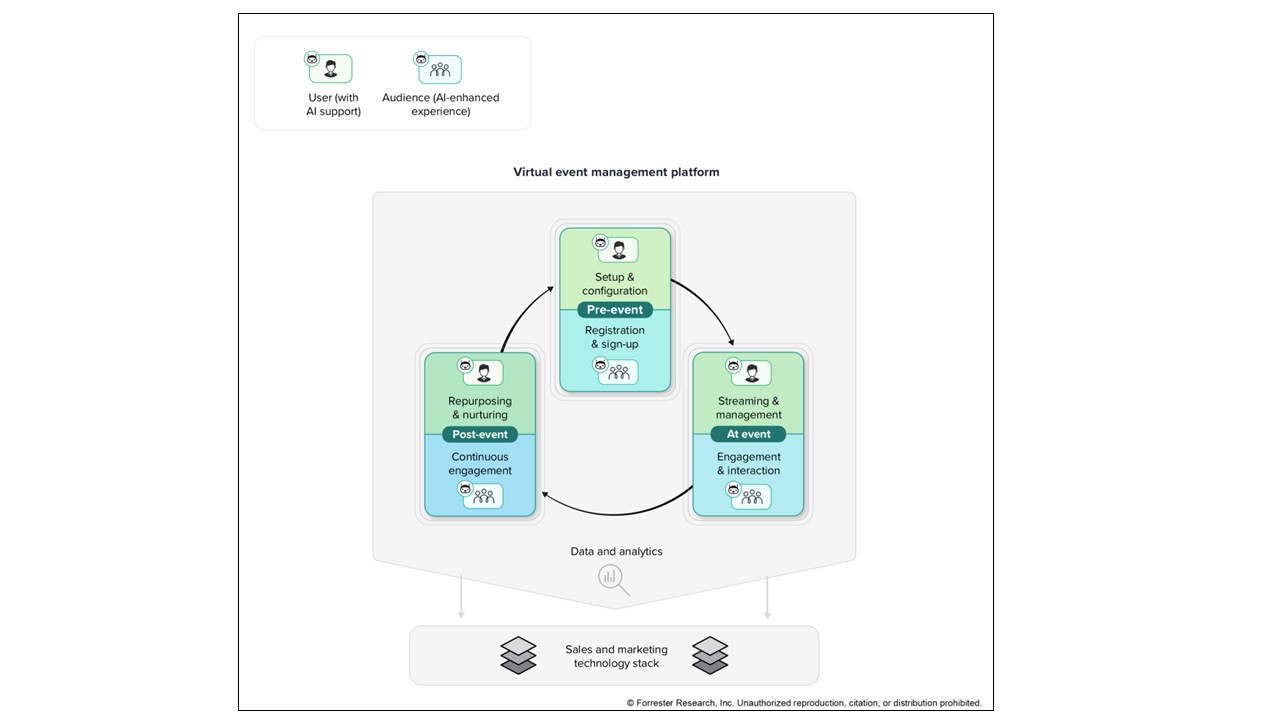If you earn W-2 income, you already know how much of your paycheck disappears before you even touch it. Most tax professionals advise employees to maximize their 401(k) contributions or claim a few extra deductions—advice that rarely has a significant impact.
Savvy real estate investors use a better, perfectly legal method to reduce their taxable income: they invest in real estate and leverage tax deductions written directly into the tax code.
By combining cost segregation, bonus depreciation, and the short-term rental seven-day rule, investors can offset W-2 income with real estate and significantly reduce their tax burden.
Would you like to see this broken down in real-time with examples? Check out my video here.
How Does Depreciation Create Real Estate Tax Advantages?
When you invest in real estate, the IRS lets you recover the cost of your property through depreciation—a paper deduction that reduces your taxable income each year. For residential property, you depreciate the structure (not the land) over 27.5 years.
For example, if you buy a $500,000 rental property and allocate $100,000 to land, the remaining $400,000 represents your depreciable basis. Under standard straight-line depreciation, you can deduct about $14,545 per year ($400,000 ÷ 27.5).
That’s a start, but it moves slowly. Most property owners discover that rental income quickly absorbs those deductions, leaving little left to offset W-2 income. To unlock greater tax advantages, investors use accelerated depreciation.
How Does Cost Segregation Accelerate Deductions?
A cost segregation study categorizes a property’s components by their shorter useful lives—items such as flooring, fixtures, cabinets, appliances, and landscaping. Instead of depreciating everything over 27.5 years, you can assign parts of the property to 5-, 7-, or 15-year categories and deduct them faster.
In many cases, about 25% of the property’s value qualifies for shorter depreciation schedules. On a $400,000 building, you can write off roughly $100,000 much sooner—often within the first few years.
This strategy enables real estate investors to create substantial, legitimate deductions that reduce taxable income immediately. Cost Segregation is one of the most powerful tax strategies for real estate investors, as it converts an ordinary rental property into a high-impact tax-saving asset.
How Does Bonus Depreciation Increase Year-One Savings?
The Tax Cuts and Jobs Act (TCJA) originally expanded bonus depreciation, allowing real estate investors to deduct 100% of the cost of qualified short-life assets—items such as appliances, flooring, fixtures, and landscaping—in the same year they placed those assets in service. That change transformed cost segregation into one of the most powerful strategies, since it allowed investors to reduce taxable income with real estate and improve cash flow immediately.
But that benefit began to shrink. The TCJA scheduled a gradual phase-down:
100% bonus depreciation for property placed in service through 2022
80% in 2023
60% in 2024
and only 40% in early 2025
That phase-down was set to continue until bonus depreciation disappeared completely.
The 2025 Big Beautiful Bill (OBBBA) reversed that course. It restored 100% bonus depreciation permanently for qualified property placed in service after January 19, 2025, effectively bringing back one of the most valuable tax advantages in real estate investing.
Here’s what that means for property owners and investors looking to offset W-2 income with real estate:
You can now deduct 100% of the cost of qualified short-life property—assets with a class life of 20 years or less—in the year you place them in service.
Qualified assets include those identified in a cost segregation study, such as cabinetry, carpeting, HVAC systems, outdoor improvements, and other 5-, 7-, or 15-year property.
Properties placed in service before January 20, 2025, may still be limited to 40% bonus depreciation under the old rules.
If your purchase was made under a binding contract signed before January 20, 2025, it may also be subject to the reduced phase-down schedule.
With Trump’s Big Beautiful Tax Bill, you can once again take a full 100% deduction in year one for qualifying assets. That means if a cost segregation study identifies $100,000 in short-life property, you can write off the entire amount immediately—reducing your taxable income by the same amount.
This rule provides real estate investors with a significant tax deduction opportunity. By combining cost segregation with bonus depreciation, you can create six-figure year-one write-offs that directly lower your W-2 tax liability, increase liquidity, and fuel future investments.
Pro tip: Timing matters. Work with a qualified tax professional to confirm your acquisition date, placed-in-service date, and property classification under the 2025 Big Beautiful Bill. Missing that January 19 cutoff could mean the difference between deducting 40% and deducting 100%.
Request a free consultation with an Anderson Advisor
At Anderson Business Advisors, we’ve helped thousands of real estate investors avoid costly mistakes and navigate the complexities of asset protection, estate planning, and tax planning. In a free 45-minute consultation, our experts will provide personalized guidance to help you protect your assets, minimize risks, and maximize your financial benefits. ($750 Value)
Why Rental Losses Don’t Automatically Offset W-2 Income?
The IRS tax laws classify most rental income as passive income. Losses from passive activities can only offset other passive income, not your active W-2 wages.
So even though you can claim depreciation on your rental, those losses typically remain trapped in the passive bucket—unless you change how the IRS classifies your activity. To avoid taxes on real estate, you must convert those losses into non-passive losses that can offset your W-2 income.
How Do Short-Term Rentals Change the Rules?
Here’s where real estate tax strategies for high-income earners get exciting. The tax code treats short-term rentals (STRs) differently. If your average rental period is seven days or less, the IRS no longer considers it a traditional rental activity.
That difference is critical. When you combine short-term rental status with material participation, your income and losses become non-passive. That means your deductions—like depreciation and cost segregation—can offset your W-2 wages.
To meet the seven-day rule, add up all your rental nights for the year and divide by the number of bookings. Keep that average at seven days or less, and you qualify.
How Can You Qualify Through Material Participation?
Meeting the seven-day rule is only half the equation. You must also materially participate in managing your property. The IRS offers several ways to qualify, but two stand out:
100-Hour Rule: You spend at least 100 hours on the property and more than anyone else, including cleaners, contractors, or a property manager.
500-Hour Rule: You spend at least 500 hours per year managing and operating the property.
You can prove material participation with a detailed log that tracks your hours and tasks—guest communications, marketing, maintenance coordination, restocking, and pricing adjustments all count.
Pro tip: If you hire cleaners or contractors, rotate or split tasks so that no one individual logs more hours than you. This ensures you maintain “more than anyone else” status.
How Can You Offset W-2 Income with Real Estate? Real-World Example
Here’s how the math works in practice.
Purchase price: $500,000
Land value: $100,000
Building value: $400,000
Cost segregation identifies $100,000 in 5- and 15-year property
Bonus depreciation allows you to deduct that full $100,000 in year one
If you meet the short-term rental seven-day rule and material participation test, you can use that $100,000 deduction to offset W-2 income.
A professional earning $120,000 could legally reduce taxable income to around $20,000 for the year. That’s an enormous tax advantage and a perfect example of how real estate investing can generate passive income while reducing active tax burdens.
Can You Switch to Long-Term Rentals Later?
Yes. You only need to meet the STR and participation rules in the year you claim the deduction. After that, you can switch to a long-term rental model without losing your initial benefit.
Many property owners use this strategy once, capture the large deduction, then transition the asset into a traditional long-term rental or even sell it later under a 1031 Exchange to defer paying capital gains tax.
That flexibility makes this one of the most practical strategies for investors who also have full-time jobs.
What Mistakes Should You Avoid?
Missing the Seven-Day Average: One long booking can break your qualification.
Failing to Track Hours: Without a detailed log, you can’t prove material participation.
Waiting Too Long to Act: The property must be in service and rented before year-end.
Assuming Bonus Depreciation Never Changes: Percentages and phase-outs vary—verify current tax laws.
Skipping a Tax Professional: Work with a strategist who understands real estate, depreciation schedules, and the IRS passive-activity rules.
Avoiding these mistakes ensures your deduction stands up under review and maximizes your real estate tax advantages.
How Do You Put This Into Action Before Year-End?
If you want these tax deductions to apply this year, act fast:
Find a property you can list quickly in a short-term rental market.
Close and furnish it promptly to place it in service before December 31.
Track all bookings to keep your average stay at seven days or less.
Hire a cost segregation firm—many complete virtual studies using video tours.
Maintain detailed time logs for every hour spent managing the property.
Consult a tax professional or strategist to confirm eligibility and document your deductions correctly.
These steps can transform your next property purchase into a powerful, compliant real estate tax strategy that improves your tax return and boosts cash flow.
Turn Real Estate Into a Tax-Saving Asset
This strategy isn’t a loophole—it’s the law. Congress designed these provisions to promote housing investment and stimulate economic growth. When you combine cost segregation, bonus depreciation, and short-term rental participation, you can reduce W-2 taxes, generate passive income, and build long-term wealth through real estate investing. If you’re ready to implement this plan, schedule a free Strategy Session with Anderson Advisors. We’ll show you how to structure your purchase, document your hours, and optimize your tax position so you can invest in real estate, minimize your taxable income, and potentially pay zero long-term capital gains tax in the future.

























